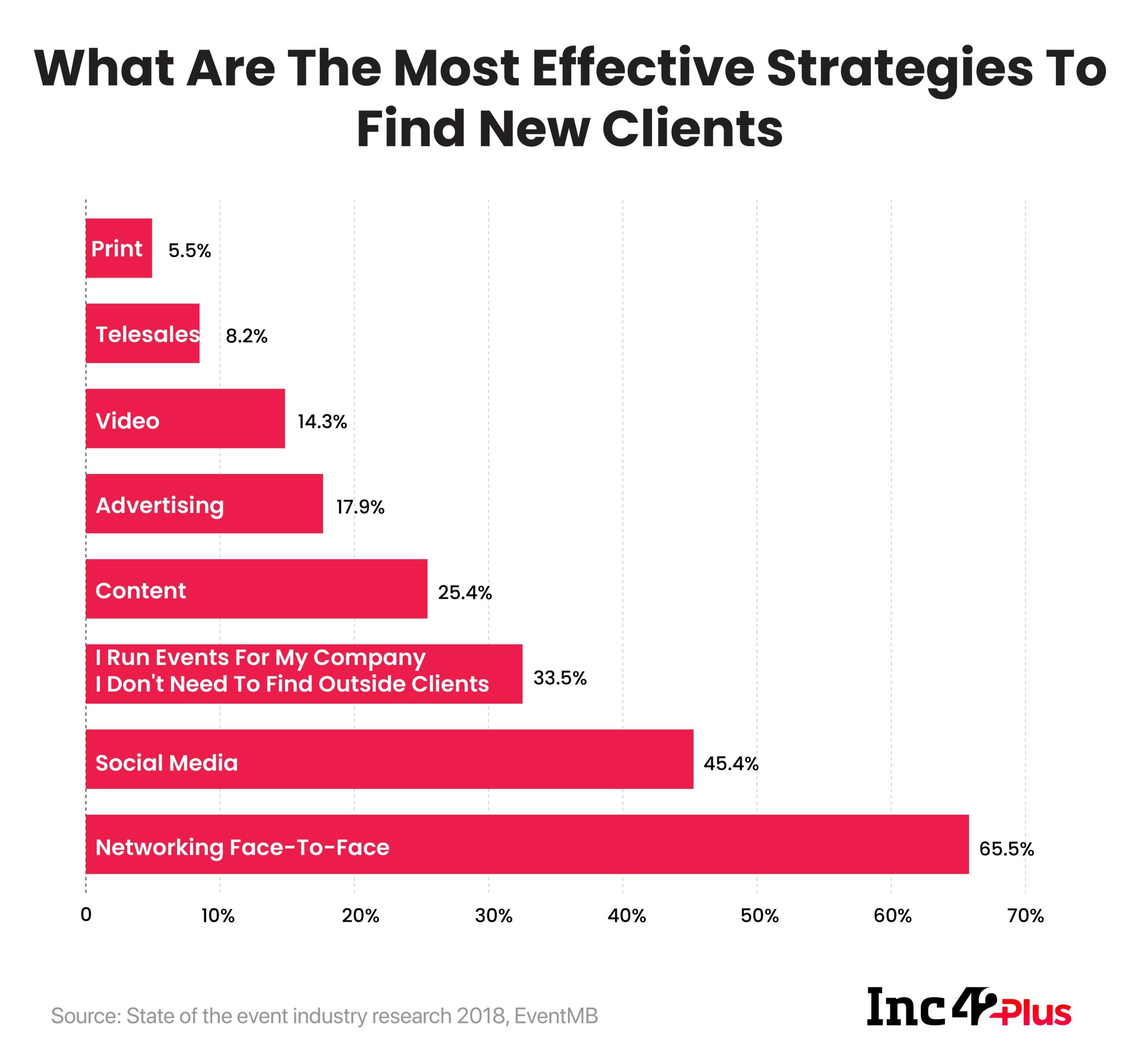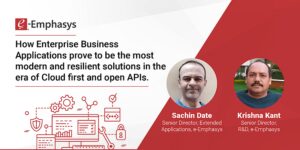As hybrid events are gaining momentum, understanding the right marketing strategy to tap into its potential has become important
Hybrid events break the geographical restrictions and open doors for a larger and more diverse audience, allowing businesses to reach out to a greater demographic
One of the key challenges in the hybrid event scene is meeting the needs of both offline and virtual attendees

The future is hybrid! We have heard this, acknowledged it, accepted it, and now are working towards adapting it. But what exactly are hybrid events? In simple words, it is a combination of virtual and in-person events. This is when the same event is running parallelly at the same time at two venues, one in-person, and the other virtual. Together, it creates 10x more value compared to hosting the event only in-person, compared to how it was done pre-pandemic era.
The next questions in line would be what is the right marketing strategy for this, did what work earlier continues to work here too, how has the events industry evolved, how to understand this transition and the next steps for it? Here is sharing a few practices that would help you with in-person and virtual events, leading to an integrated marketing guidebook for hybrid events.
Promotions Strategy
60% of virtual event owners say they use social media to drive registrations, 76% of event marketers consider email the most effective channel, and 49% of marketers say that programmatic advertising is a large contributor to event registrations. Understand what works best for your target audience and then optimise your email, social media, PR, and advertising campaigns. You can start working on these a month in advance and then increase the social media and email momentum closer to the event for virtual events.
As for the in-person events, you need to start the promotions three months in advance, lesser only if the location for the event is local and travel and RSVPs are not a concern.
Focus On Attendees And Speakers
Learning and knowledge gain is usually the first major expectation of an attendee for a virtual event. Collect information on your target audience from various data points like surveys, market research, past events, interviews, demographics, psychographics, etc. Understanding their key expectations will help you create compelling and engaging content, and then based on this information, you can hire the right speakers. When you focus more on your attendees’ interests, it leads to better engagement, converting them into customers.
Also, it is often assumed that keynote speakers have a stronger impact in person, but having important and influential speakers in an intimate virtual event can also be quite impactful on attendees. Test all your hypotheses, measure results (mostly available via virtual attendee behaviours), and improve your events each time.
Foster Connections

In-person events are more about building your professional network. According to a recent survey, networking is the most effective strategy (66%) for event planners to find new prospects and customers for their company. Hybrid events enable inclusivity simply by allowing more people to participate, allowing additional conversations with unique perspectives to take place, and possibilities for more opportunities to connect, learn and interact.
You should choose a platform that will help you enable the connections between your in-person attendees and your virtual attendees. Your platform should enable meaningful networking as well as effective management of event leads, overall driving more interactions and engagement from your event, leading to greater business results.
Follow Safety Norms
For the in-person meetings, attendees today are apprehensive about attending them until they understand how safe it may be to attend, what shall be involved and not, and what to expect overall. Hence, not only do all the safety norms need to be implemented but they must be communicated clearly beforehand to provide a sense of security towards attending the in-person activations of your event. Creating separate agendas with individual provisions for in-person events vs. virtual events, for example, clarifying if there will be the availability of refreshments in the in-person event, whereas a streamlined event schedule is required in the virtual one — networking and engagement need to be the priority for both.
This way the event activities can be more transparent, inclusive, productive, and worthwhile for everybody in attendance.
Summarising
Hybrid events bring essential flexibility by helping you save on costs, increasing your audience reach irrespective of the geographies, providing numerous branding opportunities for the exhibitors and organisers, capitalising on objectives, and overall helping to cultivate maximum event ROI. Hybrid events also have a longer shelf-life, you can achieve multiple returns from the same event. Keeping these in mind, strategise the best approach for your event.
Today, event platforms offer you white-glove client success teams that lend support before, during, and post the event to ensure complete event success, leading to delivering the simplest, immersive, engaging, and exciting events experiences in a hybrid format.






![Read more about the article [Funding alert] Element5 raises $30M in Series B round led by Insight Partners](https://blog.digitalsevaa.com/wp-content/uploads/2022/03/V-05-1600852077699-300x150.png)



